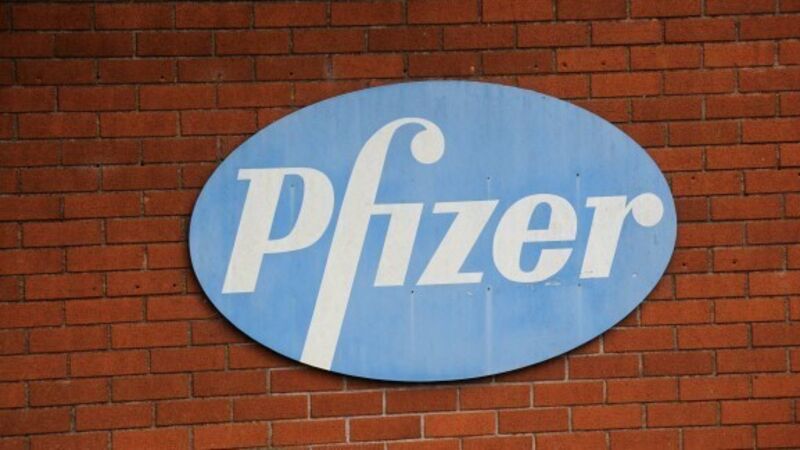Pfizer profit beats forecast

Adjusted earnings of 60 cents a share topped the average analyst estimate of 51 cents. Revenue dropped 2.2% to $12.1 billion (€10.9bn), the New York-based drug maker said in a statement yesterday.
Pfizer is looking for its next big hit after the expiration of patents on blockbusters including cholesterol treatment Lipitor and arthritis drug Celebrex.













